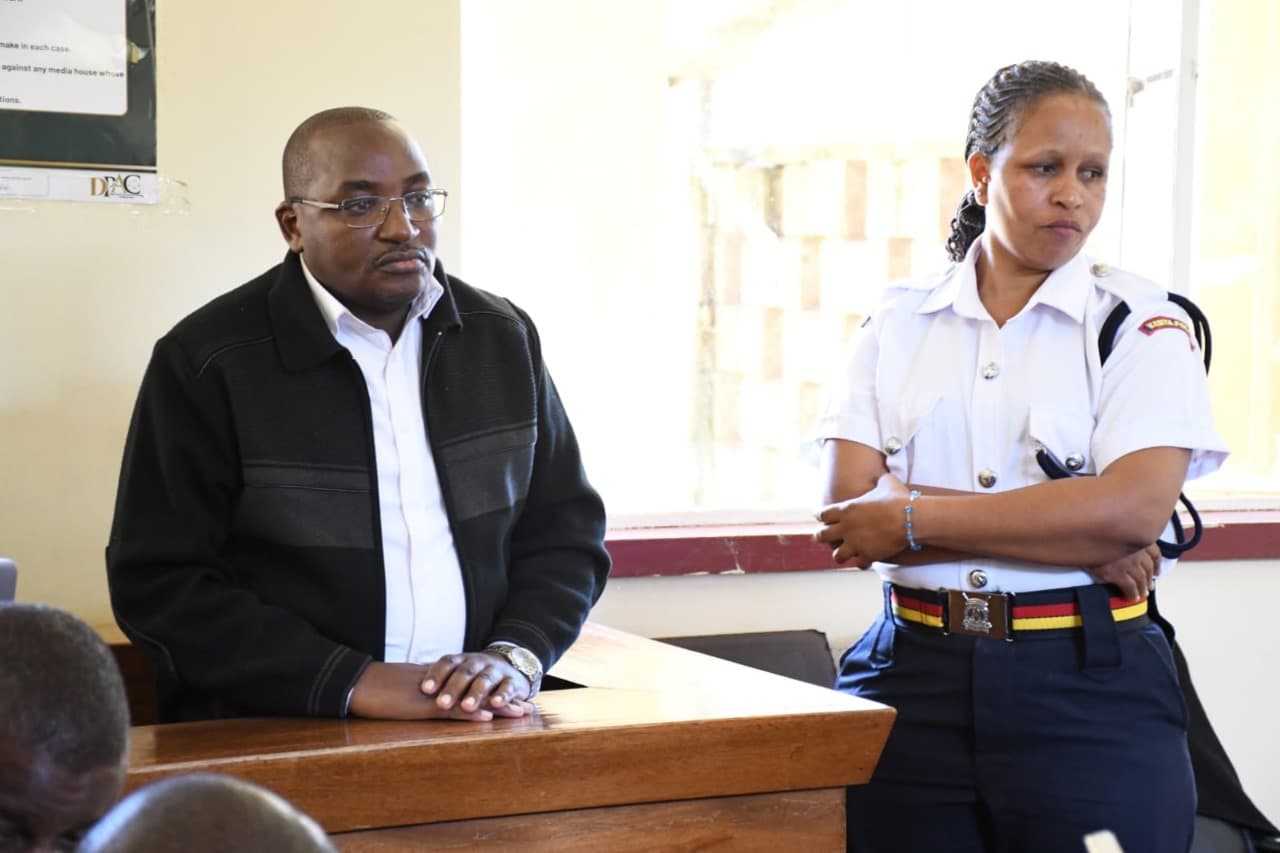We're loading the full news article for you. This includes the article content, images, author information, and related articles.
Amidst a rising number of forged academic credentials in public service, there are increasing calls for the mandatory authentication of all academic certificates held by Members of Parliament to uphold integrity and public trust.

Calls are intensifying for the comprehensive authentication of academic certificates belonging to all Kenyan Members of Parliament (MPs). This push comes in the wake of persistent concerns regarding the prevalence of forged academic credentials within the public service and recent high-profile cases involving elected officials.
The Ethics and Anti-Corruption Commission (EACC) has repeatedly raised alarms over the widespread use of fake academic certificates by individuals securing government jobs, promotions, and salaries. A quarterly report by the EACC, covering April to June 2025, highlighted that fraudulent activities are deeply entrenched in state institutions, enabling unqualified individuals to occupy critical positions.
The issue of academic qualifications for MPs has been a contentious topic in Kenya. While the Constitution, under Article 99(1)(d), requires individuals to satisfy educational, moral, and ethical requirements prescribed by law, the specific academic threshold has seen changes.
The Elections Act, 2011, initially stipulated that a person must hold a degree from a recognized university in Kenya to be nominated as a candidate for President, Deputy President, county Governor, or deputy county Governor. However, in February 2022, the Senate passed an amendment to the Election (Amendment) Bill 2021, effectively scrapping the university degree requirement for aspirants seeking elective posts, with 27 Senators voting in favour. This amendment allowed individuals with a diploma or any other post-secondary qualification acquired after at least three months in a recognized institution to vie. Subsequently, the High Court temporarily suspended the law requiring MPs to have degrees, pending the hearing of a petition arguing the law was discriminatory.
The Kenya National Qualifications Authority (KNQA), established in 2015, is mandated to coordinate and harmonise education, training, assessment, and quality assurance of all qualifications awarded in the country. The KNQA is responsible for recognising, equating, and verifying national and foreign academic qualifications.
Despite the KNQA's mandate, its authority to verify academic papers has faced legal challenges. In January 2022, the National Assembly's Public Investments Committee (PIC) termed the KNQA's role in verifying certificates as illegal, stating that the regulations granting it such powers were not approved by Parliament. This has led to ongoing court battles between the KNQA and other bodies like the Technical and Vocational Training Authority (TVETA) over who holds the ultimate mandate for certification.
The EACC has been at the forefront of investigating and prosecuting cases of academic fraud. Since 2022, the commission has investigated 549 cases of forged academic and professional credentials, with 85 files forwarded for prosecution, resulting in 13 convictions. The EACC is also actively pursuing the recovery of salaries and benefits obtained fraudulently.
In a notable recent case, Juja MP George Koimburi was charged in February 2025 with multiple counts of forgery related to academic certificates, including a Kenya National Examination Council (KNEC) certificate and two certificates from Jomo Kenyatta University of Agriculture and Technology (JKUAT). He pleaded not guilty and was released on a cash bail of Ksh. 200,000.
Source: Ethics and Anti-Corruption Commission (EACC) reports, 2025.
The proliferation of fake academic certificates poses significant risks to governance, institutional credibility, and the integrity of public service. It undermines meritocracy and can lead to unqualified individuals holding critical positions, impacting service delivery and public trust. The EACC has highlighted that the most egregious fraud is concentrated in state corporations and senior government agencies, accounting for approximately 70% of reported forgeries.
A key uncertainty remains the definitive legal framework for the authentication of academic qualifications for elected officials, particularly MPs, given the fluctuating legal requirements and jurisdictional disputes between various government agencies. The ongoing court cases and the lack of parliamentary approval for certain KNQA regulations contribute to this ambiguity.
The ongoing legal proceedings against individuals accused of academic forgery, including elected officials, will be crucial in shaping future policy and enforcement. The resolution of the jurisdictional dispute between the KNQA and other regulatory bodies regarding certificate verification will also be a key development to watch. Furthermore, any legislative efforts to clarify or reintroduce specific academic requirements for MPs will be significant.
Keep the conversation in one place—threads here stay linked to the story and in the forums.
Sign in to start a discussion
Start a conversation about this story and keep it linked here.
Other hot threads
E-sports and Gaming Community in Kenya
Active 9 months ago
The Role of Technology in Modern Agriculture (AgriTech)
Active 9 months ago
Popular Recreational Activities Across Counties
Active 9 months ago
Investing in Youth Sports Development Programs
Active 9 months ago
Key figures and persons of interest featured in this article